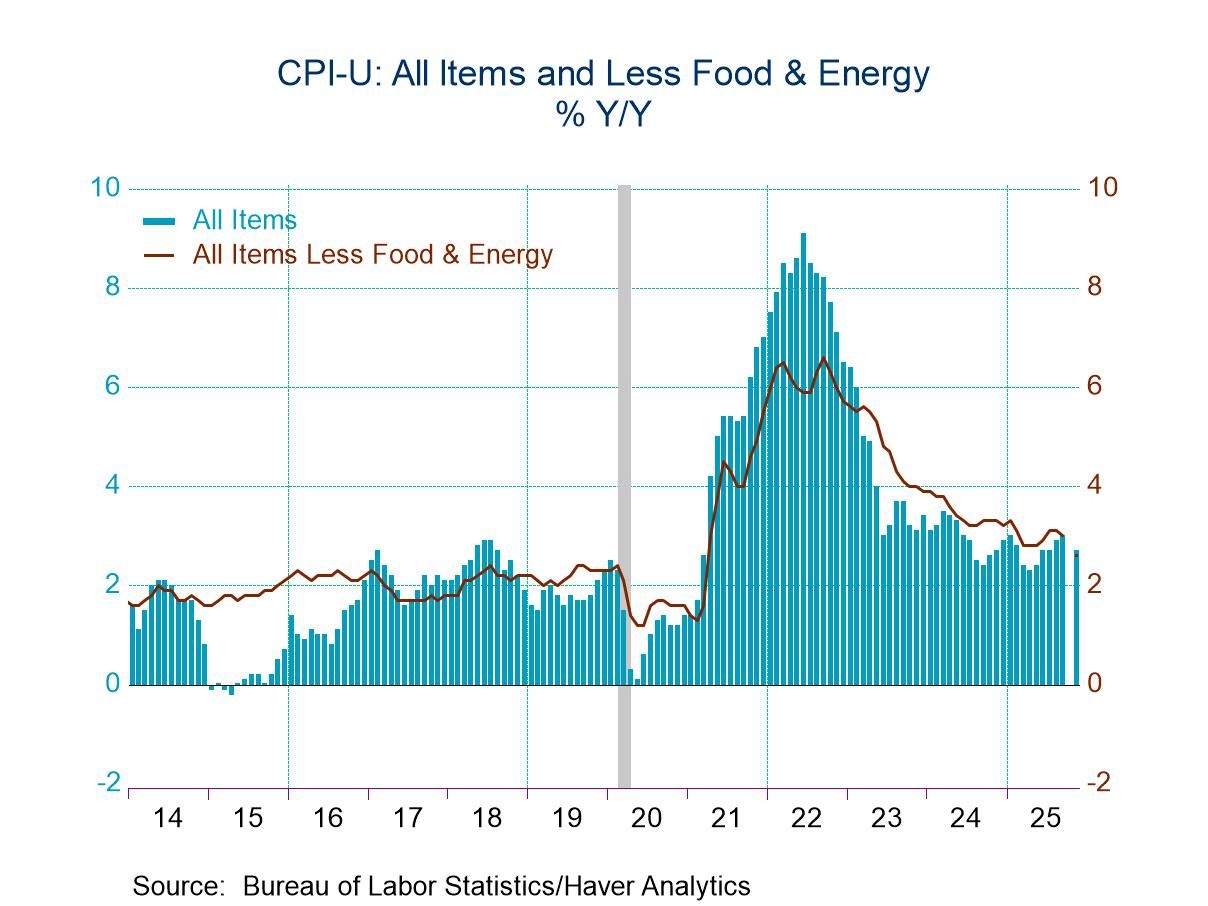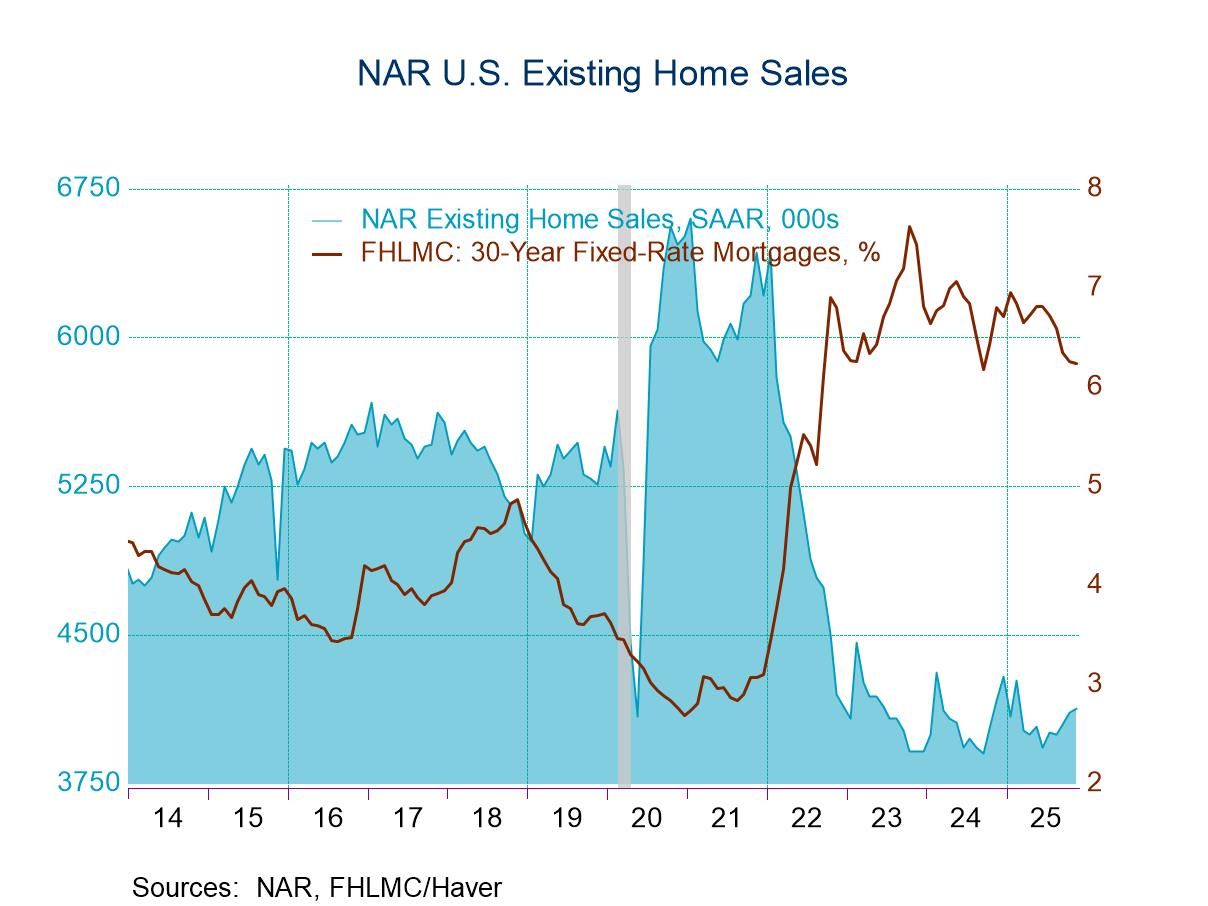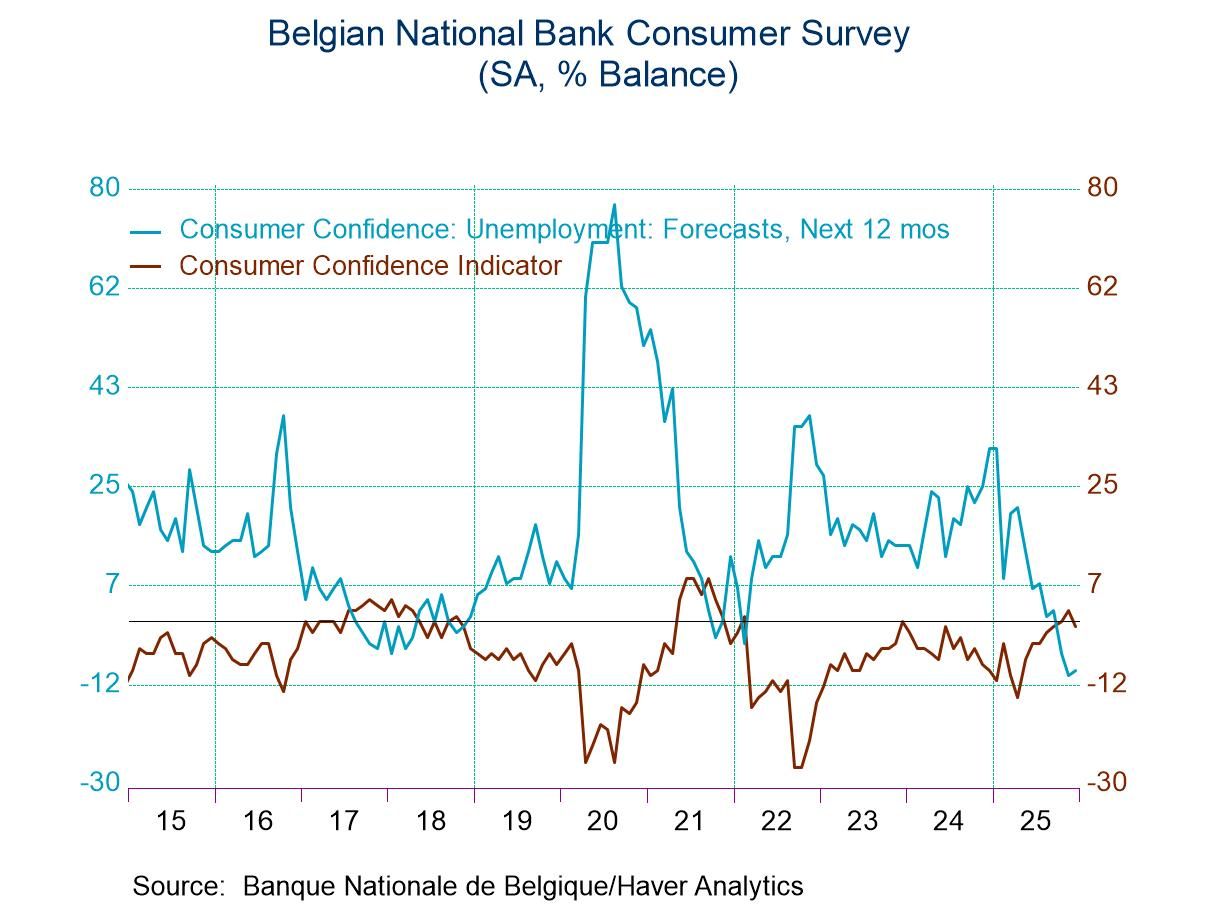Manufacturing Activity Weakens Further in the Midwest in March Survey
Summary
- Contractions in Kansas City Fed survey extends to 18th month.
- Production, new orders and other individual components had negative moves in March.
- Prices did strengthen, for both finished goods sold and raw materials bought.


The Federal Reserve Bank of Kansas City reported that its index of manufacturing activity fell to -7 in its March survey from -4 in February. This seasonally adjusted index has been below at or zero every month since October 2022. Not seasonally adjusted, the index is +1 in March, up from 0 in February. Haver Analytics calculates an ISM-type index from the not-seasonally adjusted data; in March, this ISM-type index was 50.5, up from 49.8 in February.
This survey was conducted from March 20 to 25, 2024, and includes 96 responses from plants in Colorado, Kansas, Nebraska, Oklahoma, Wyoming, northern New Mexico, and western Missouri.
Most components of this manufacturing survey weakened in the March data. Production moved back into negative territory, -9 from +3 in February; the volume of shipments is -5 in March after +6 in February, and the volume of new orders is -17 this month after -2 in February. The number of employees rose, with a +6 tally, but that was less than in February, +8. And the average employee workweek dropped to -11 from +2.
Prices were stronger in the March survey, as prices received for finished goods were at +5 after a -2 tally in February. Prices paid for raw materials were firmer in March as they had a +17 reading after +15 in February.
Expectations for six months ahead were little changed overall, easing to +1 in the March survey from +2 in February, seasonally adjusted. The components were mixed, with production expected to be steady in this month’s survey at +18, the same as the February reading. The volume of shipment is seen with a +15 reading for March, a bit less than last month’s +18, but a modest improvement is expected for new orders, to +4 in this month’s survey from just +1 last month. Respondents look for order backlogs to weaken over the next six months to -19 this month from -4 in the February survey. They do expect widely expect prices to rise, with a +26 March reading for prices received, up from +21 last month. Prices paid for raw materials look to be even more vigorous, with a +34 reading this month from +26 in the February survey.
These survey data date back to July 2001. The diffusion indexes are calculated as the percentage of total respondents reporting increases minus the percentage reporting declines. The composite index is an average of the production, new orders, employment, supplier delivery time, and raw materials inventory indexes. Data for the Kansas City Fed Survey can be found in Haver’s SURVEYS database.


Carol Stone, CBE
AuthorMore in Author Profile »Carol Stone, CBE came to Haver Analytics in 2003 following more than 35 years as a financial market economist at major Wall Street financial institutions, most especially Merrill Lynch and Nomura Securities. She had broad experience in analysis and forecasting of flow-of-funds accounts, the federal budget and Federal Reserve operations. At Nomura Securities, among other duties, she developed various indicator forecasting tools and edited a daily global publication produced in London and New York for readers in Tokyo. At Haver Analytics, Carol was a member of the Research Department, aiding database managers with research and documentation efforts, as well as posting commentary on select economic reports. In addition, she conducted Ways-of-the-World, a blog on economic issues for an Episcopal-Church-affiliated website, The Geranium Farm. During her career, Carol served as an officer of the Money Marketeers and the Downtown Economists Club. She had a PhD from NYU's Stern School of Business. She lived in Brooklyn, New York, and had a weekend home on Long Island.





